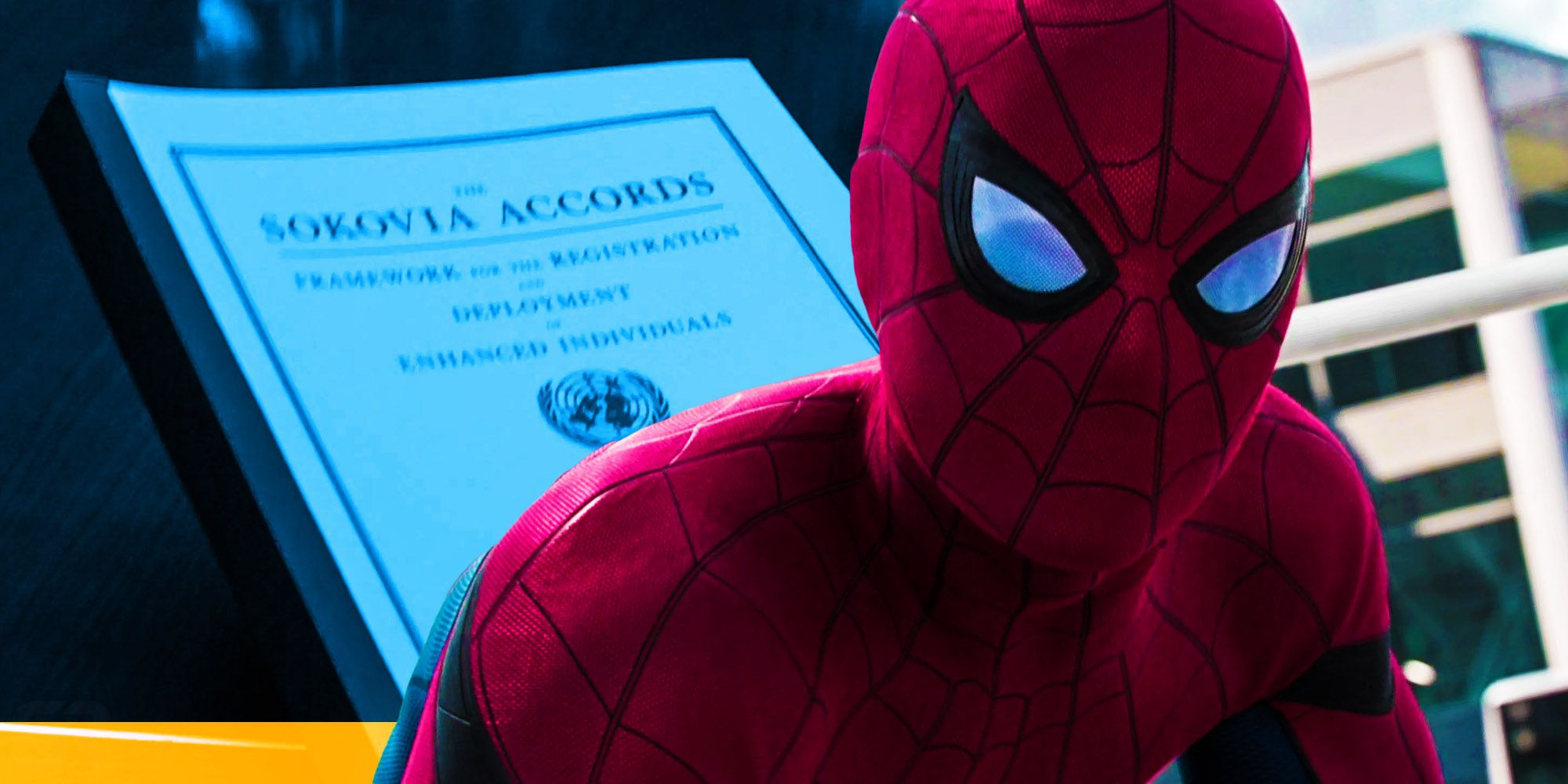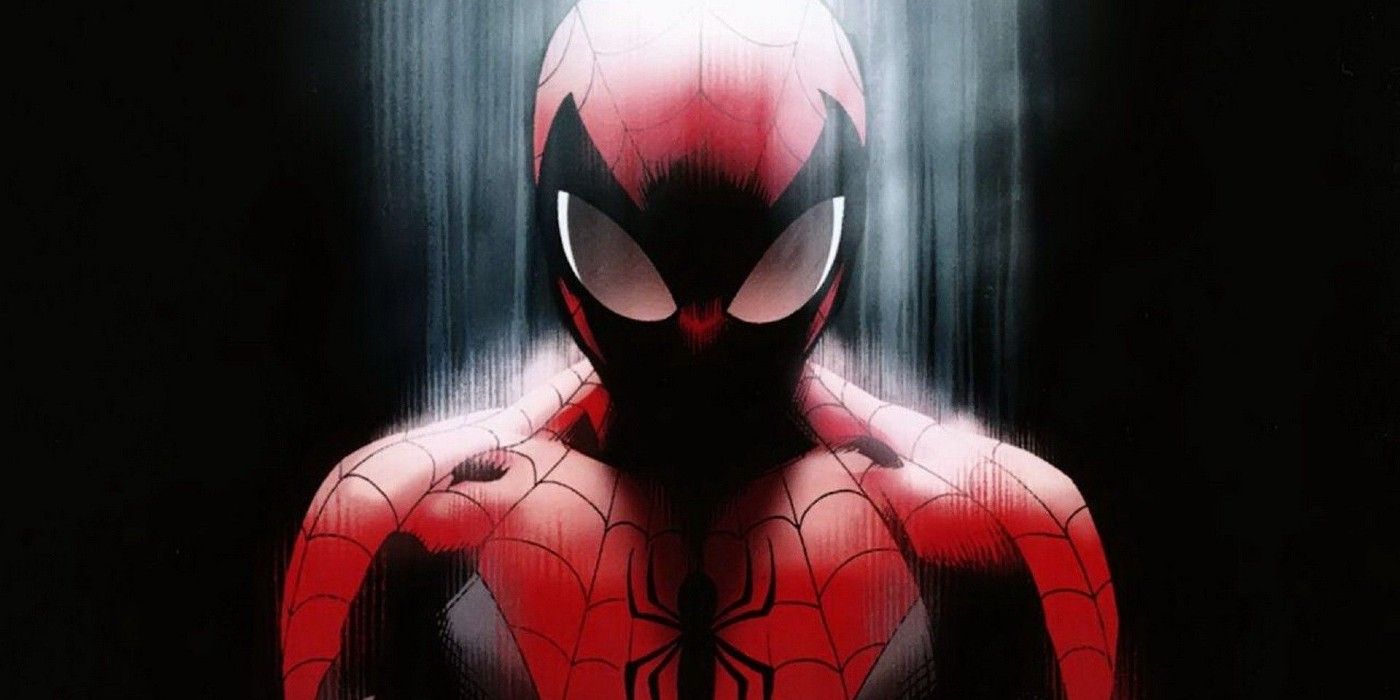In the wake of Peter Parker’s identity as Spider-Man being revealed, Spider-Man: No Way Home could once and for all destroy the Sokovia Accords by proving how impractical its laws are. The Sokovia Accords, which legislates that all 'enhanced' individuals and operatives of the Avengers comply with UN oversight, were the main source of conflict in Captain America: Civil War. While they were still in effect at the start of Avengers: Infinity War, little is mentioned about them in the aftermath of the Blip, as well as after the events of Avengers: Endgame. Are they still in effect, and if so, how are they enforced?
A scene from the first episode of The Falcon and the Winter Soldier, “New World Order”, hints that the Sokovia Accords might be history now, as they are part of the Smithsonian exhibit on Captain America. Steve Rogers famously decried the Accords and refused to sign them, so their inclusion in the exhibit could be just part of his story and no proof of their relevance. They are also mentioned in Wandavision - which takes place right after Endgame - by SWORD’s Director Hayward, but not at all in Spider-Man: Far From Home, which is set approximately six months after the show; a number of things could have happened in the intervening time and changed the status of the Accords.
Some major bombshells are dropped in Far From Home’s post-credits scenes, including that Peter’s identity is revealed to the world by Mysterio in a video also incriminating him for the drone attacks on London. Peter Parker’s compliance with the Sokovia Accords is never explicitly shown in any of the MCU movies, and given the fact that the Accords dictated he would have to give the government details such as his secret identity and DNA, as well as wear a tracker, it can be presumed the legislation either never got that far, or has yet to be confirmed. The end of Far From Home shows the danger that doing so would have presented for Peter, as even if the government had tried to keep his private information confidential, it's almost inevitable it would have leaked or fallen into a villain's hands regardless. Crucially, this could leave Holland's Spider-Man regarded as a war criminal, as he did act on foreign soil despite legislation stating heroes are not to do this. That said, all this highlights how harmful and counterproductive the exact terms of the Accords are, meaning No Way Home could either spell their end or further prove why the laws ultimately failed in the first place.
Infinity War already proved how impractical the Accords really are when facing urgent threats such as alien invasions: there was no time to convene a meeting and the Avengers were forced to violate the law to try and stop Thanos and his Black Order. Similarly, Peter was caught in the heat of a crisis while trying to stop Mysterio, and his Elementals illusions were so believable that taking the time to expose his secrets and meet with the UN would have cost Spider-Man precious time to stop him. By the time the UN works all of this situation out, any logical conclusion that they could come to would involve the realization that the Sokovia Accords simply do not make sense when facing such threats.
Another factor that could destroy the Sokovia Accords is the existence of the multiverse. The presence of Doctor Strange in No Way Home has been confirmed, and whether he’ll be acting as Spider-Man’s mentor or not remains to be seen; in any case, it will connect Spider-Man with the sorcerer’s upcoming movie, Doctor Strange In The Multiverse Of Madness. By introducing multiverse threats, Spider-Man: No Way Home will be the definitive nail in the coffin of the Sokovia Accords: under the current version of the Accords, how would the UN go about to enforce its laws when dealing with multiple dimensions and heroes intervening in different universes?







